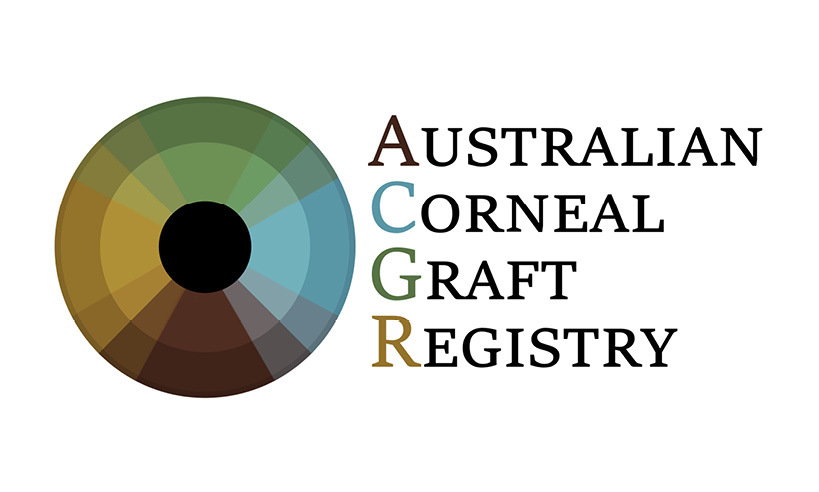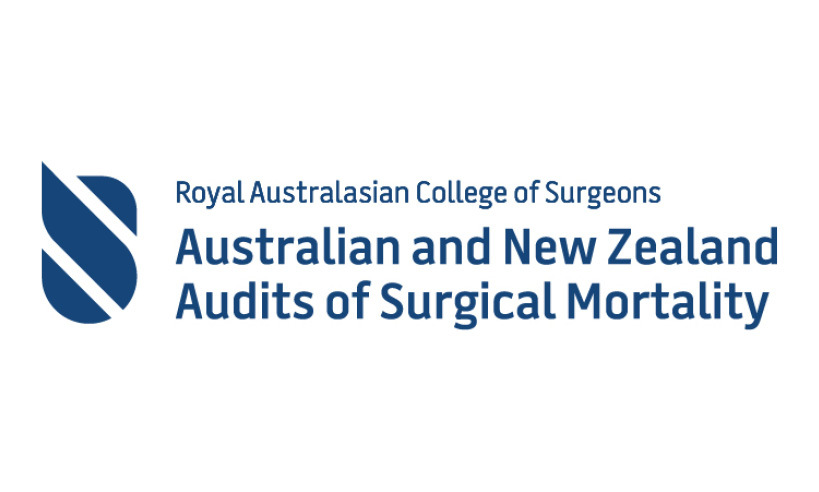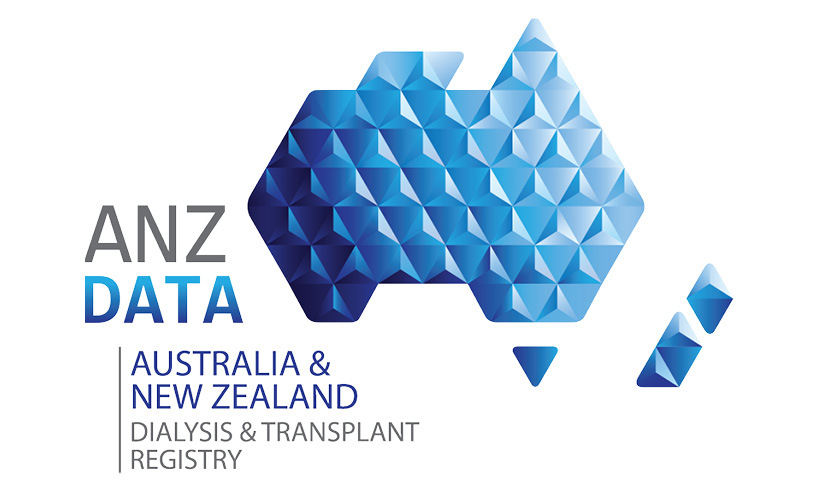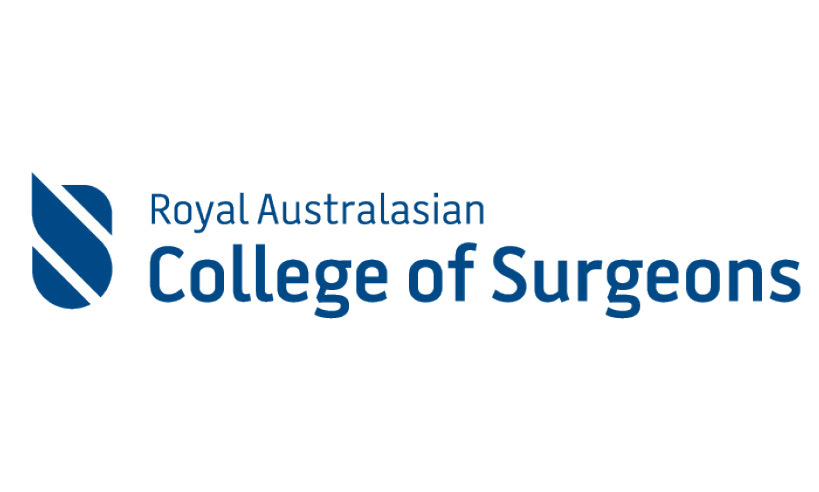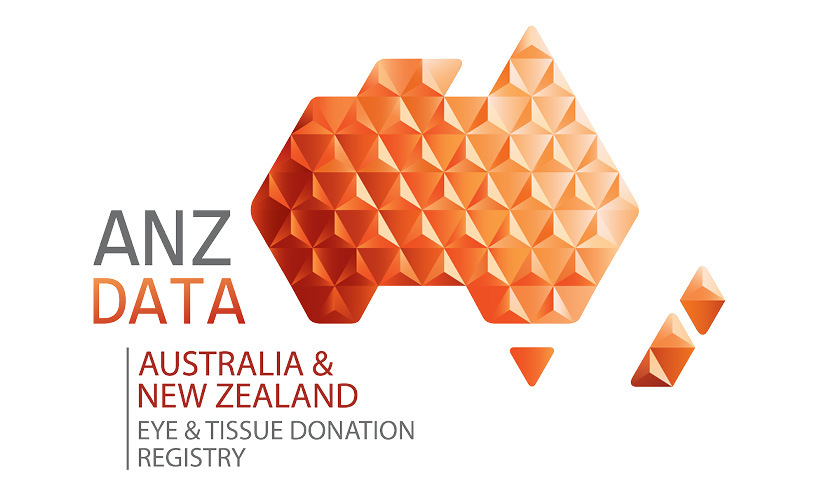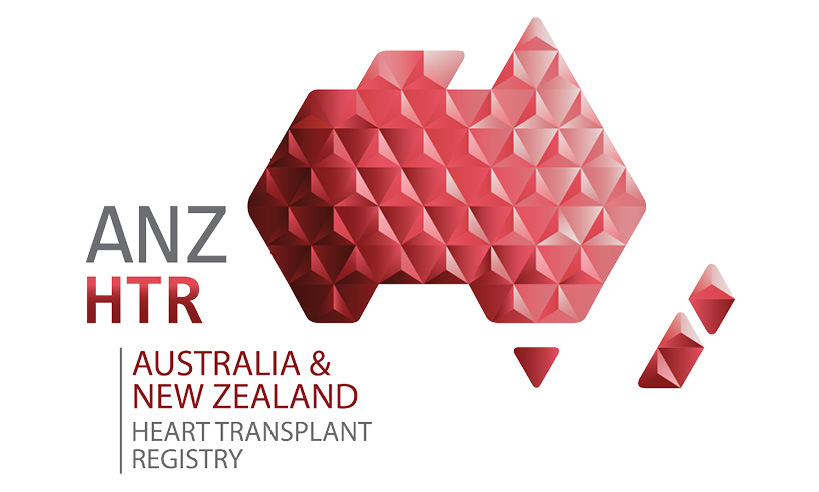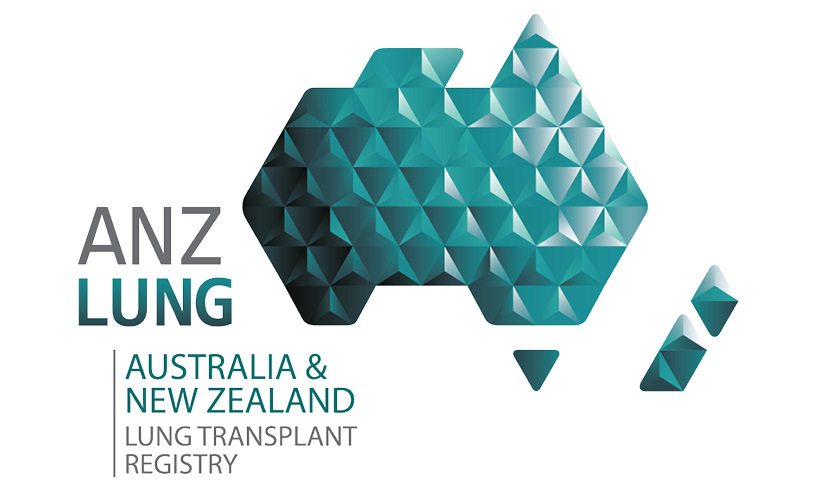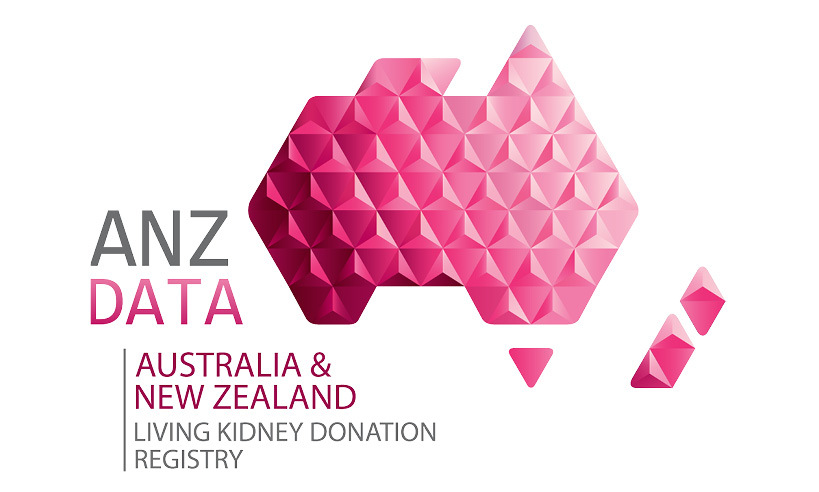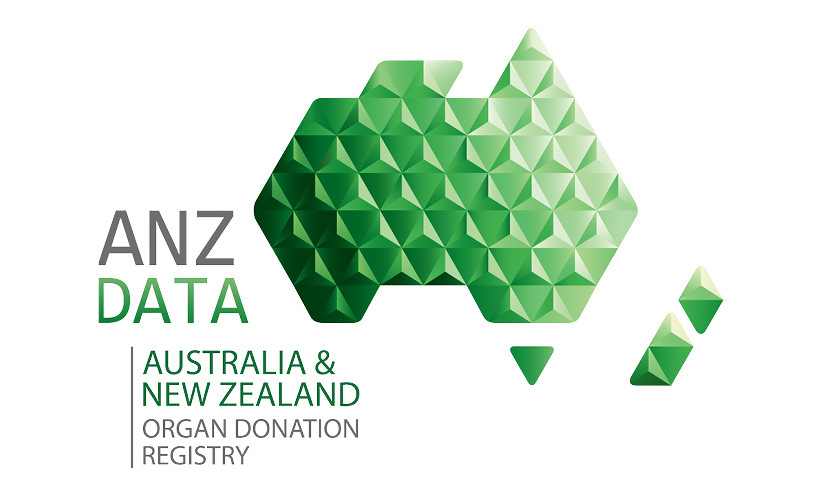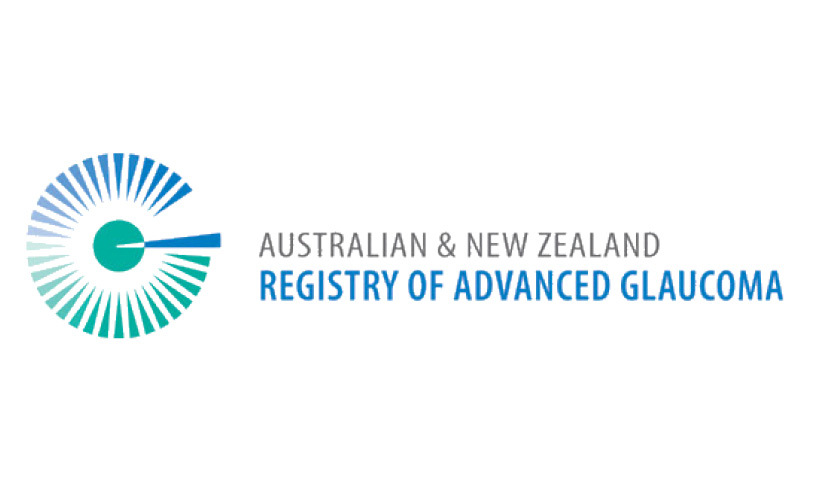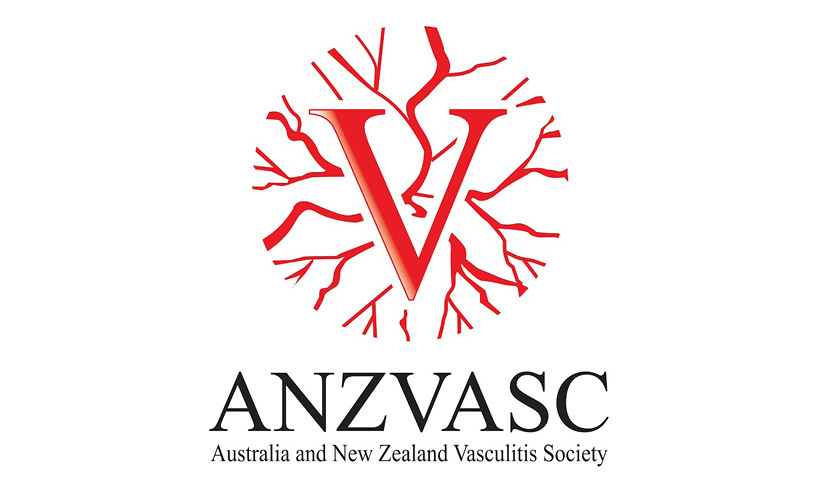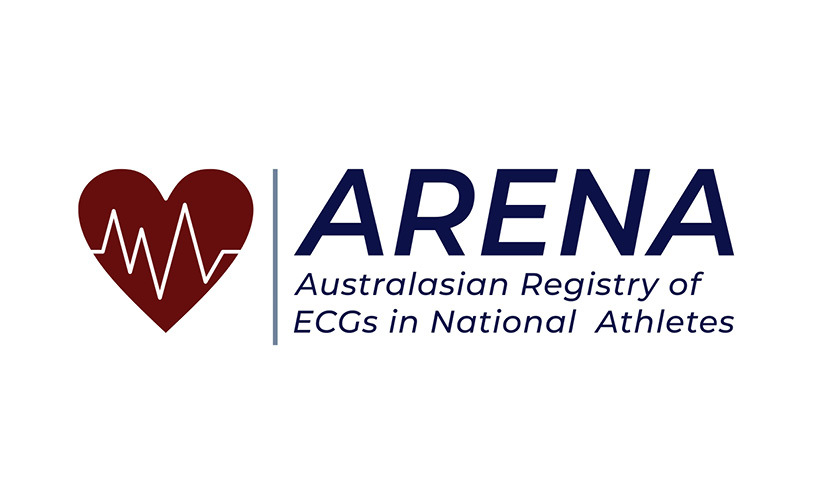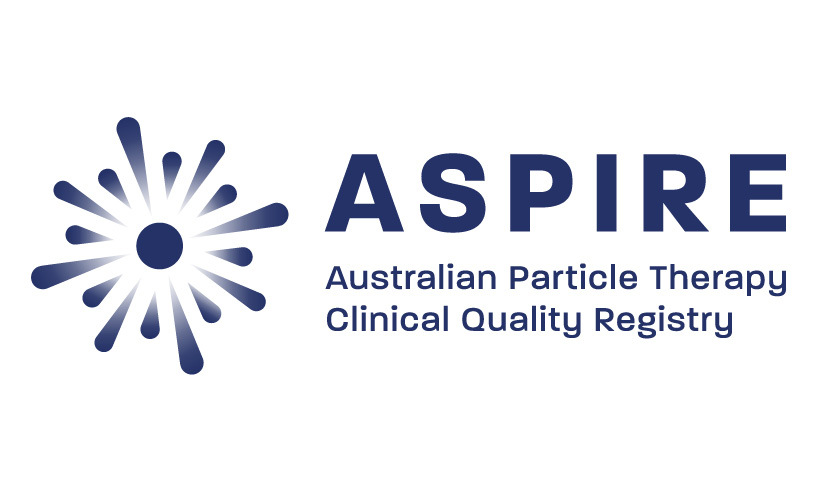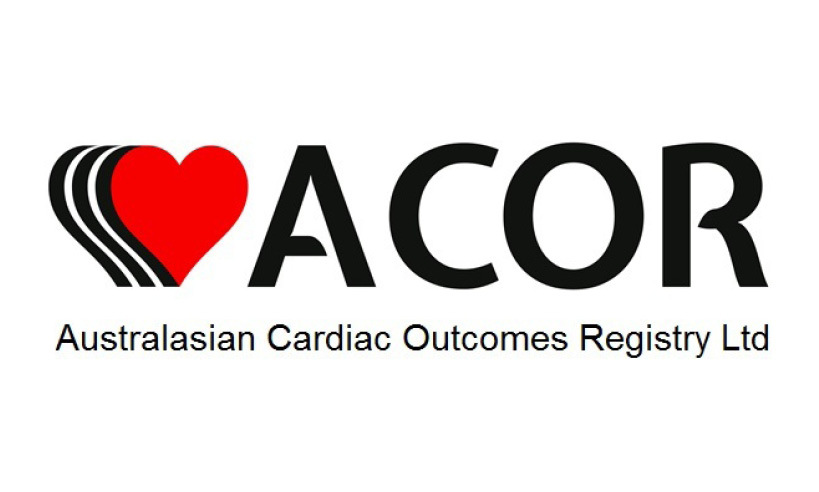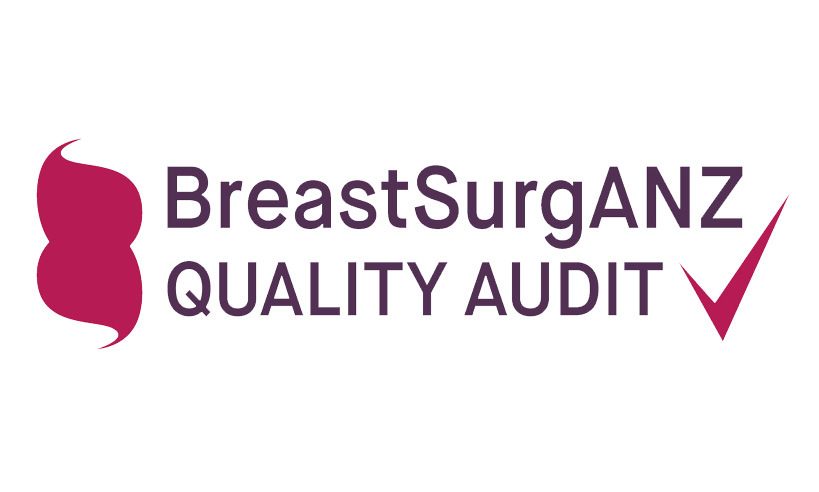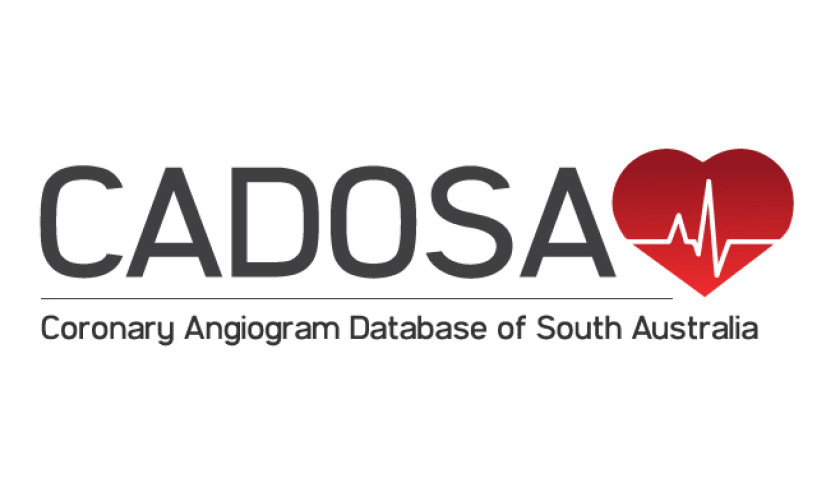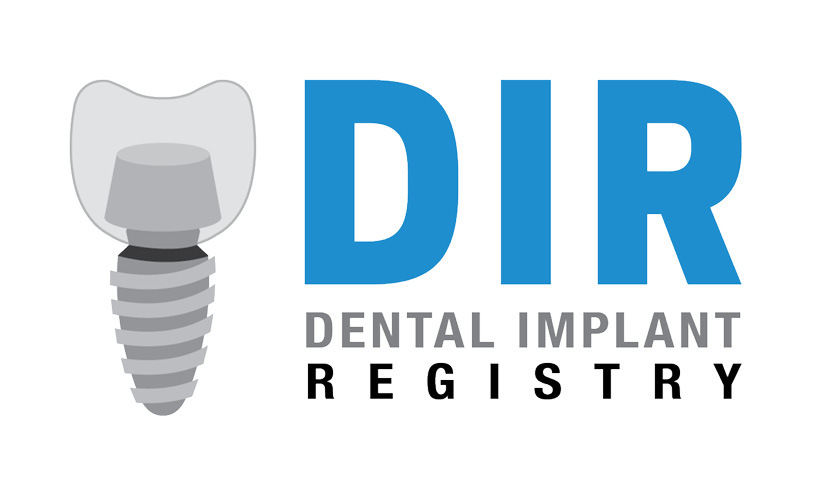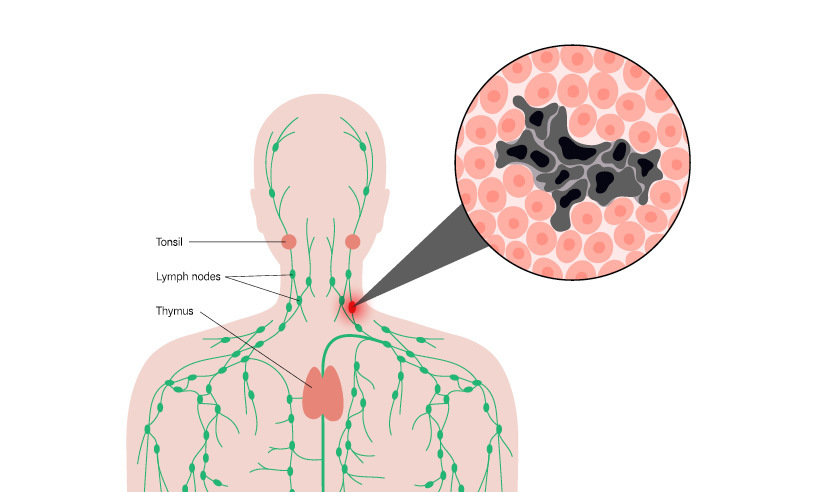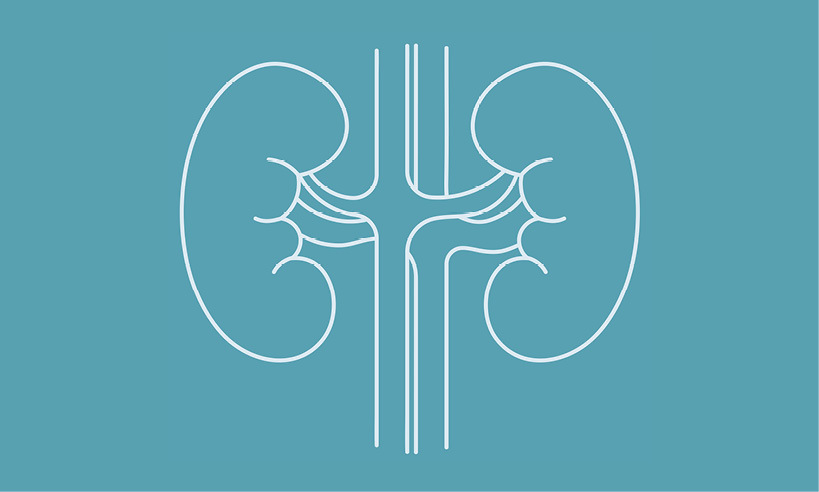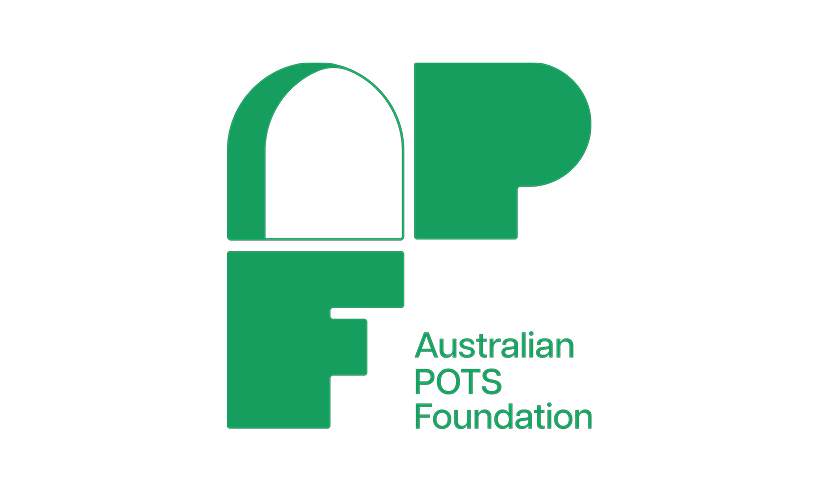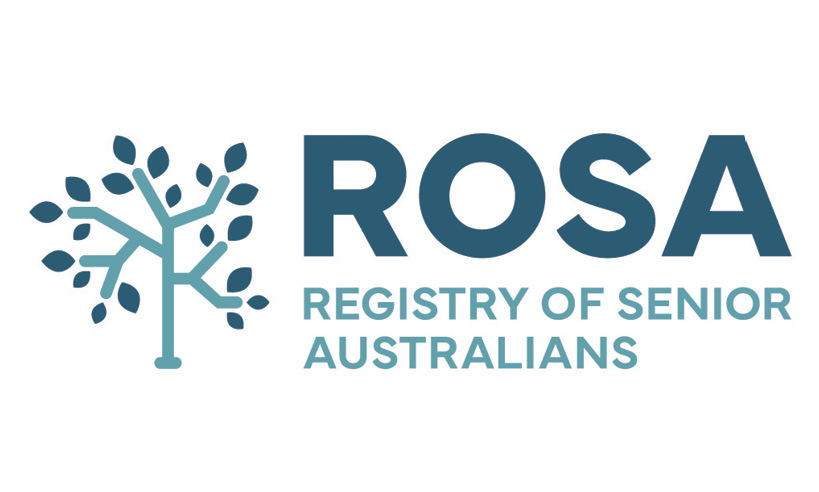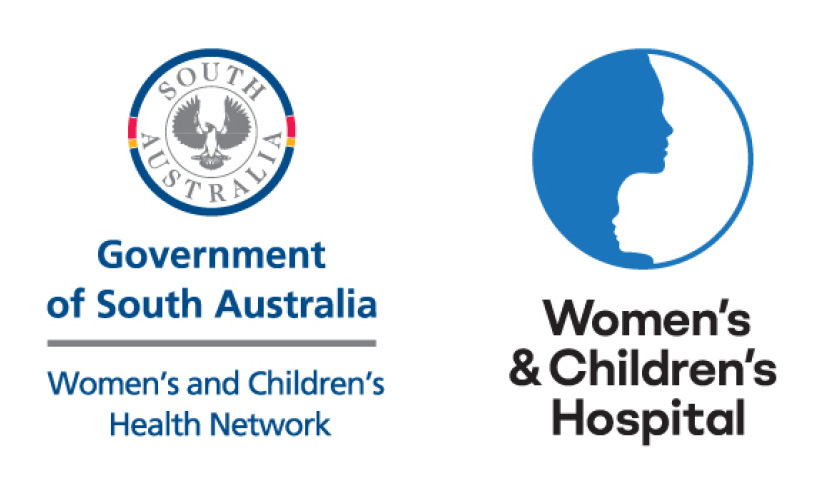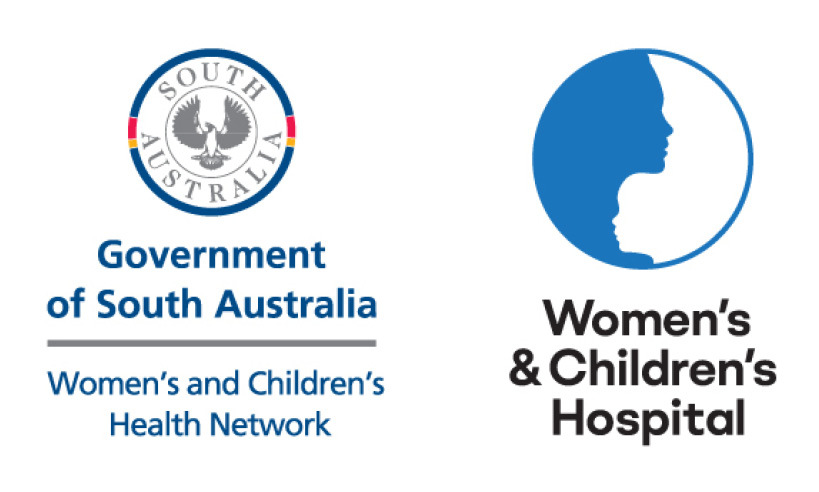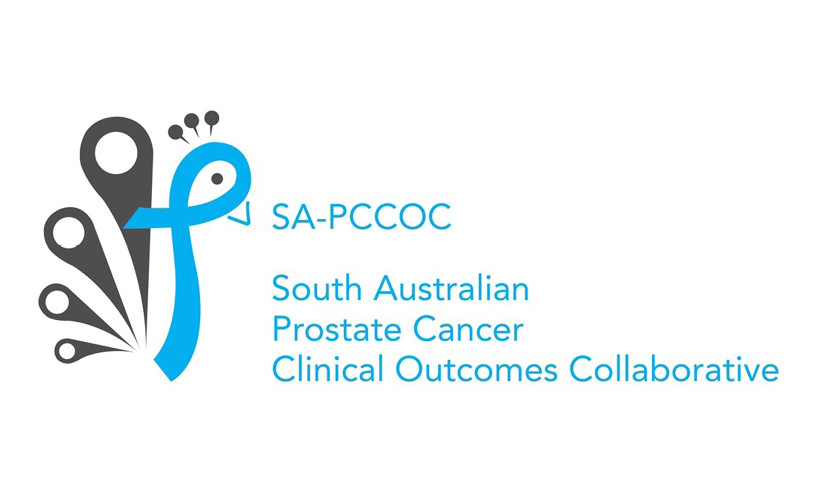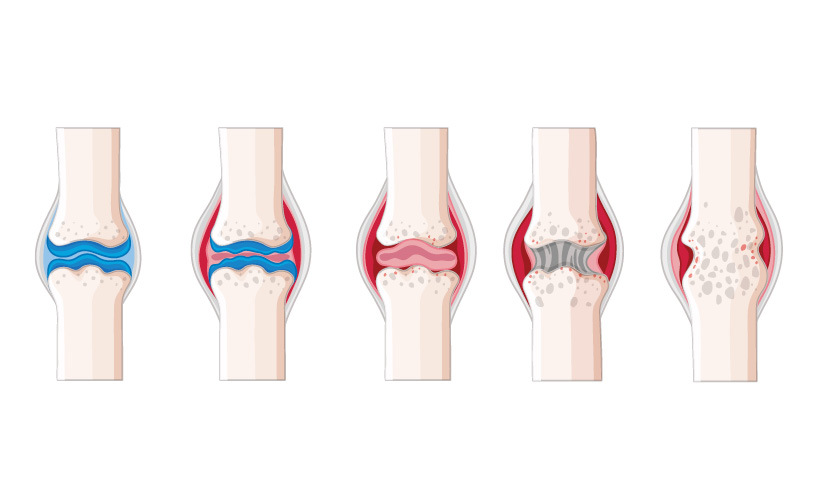About the Registry Centre Members
The SAHMRI Registry Centre is a rapidly growing collaboration, consisting of 27 member registries as of 2025. These span across three domains: Health Services, Disease or Condition and Product Registries.
Historically, the SAHMRI Registry Centre included mostly South Australian based CQRs, but to date it includes several major national/bi-national registries from across the country. Twelve of these are based within SAHMRI.
Registry Centre StructureThe Australia and New Zealand Vasculitis Quality and Disease Registry (ANZVASC-QDR) will commence in 2023. The registry has been designed and is being implemented to include all forms of vasculitis.
The initial focus will be on anti-neutrophil cytoplasmic antibody (ANCA)-associated vasculitis (AAV). AAV comprises diseases associated with the presence of ANCA that cause inflammation of small blood vessels. The AAV are categorised as granulomatosis with polyangiitis (GPA), microscopic polyangiitis (MPA) and as eosinophilic granulomatosis with polyangiitis (EGPA). The ANZVASC-QDR will also focus on some forms of large vessel vasculitis (including giant cell arteritis).
Initially, five sites will be involved including two in South Australia, with more sites added after the initial phase. Multisite ethics and National Mutual Acceptance approval for the project has been obtained for Australia, with a separate approval for New Zealand. ANZVASC, via the ANZVASC Registry Committee and the Board, directs the registry with Monash University being the Data Custodian organisation.
The ANZVASC-QDR data set will include relevant demographic and social data, clinical data and investigations at diagnosis and enrolment, as well as routine clinical data from each annual review, as the results of annual routine investigations and other investigations that are obtained as part of routine care, as well as Patient Reported Outcomes (PRO) and Quality of Life (QOL) data. In some instances, data from other clinical reviews will be recorded.
The registry aims to:
- Provide Clinical Quality Data to participating units to improve care and outcomes for people with vasculitis
- Improve understanding of the quality of life of people with vasculitis and factors affecting these conditions
- Establish a resource to enable and support research on vasculitis in Australia and New Zealand
- Serve as a platform for registry linked clinical trials and surveillance of new therapies and practices
- Improve training of those in specialties involved in the care of people with vasculitis
The Kidney Health Registry based at Flinders Medical Centre was established jointly by the Department of Nephrology and Department of Urology at Southern Adelaide Local Health Network (SALHN) in 2020. Currently, it is funded jointly by the Departments of Nephrology and Urology at SALHN and by the generous donations received through the Flinders Foundation.
It is a database of information about patients above the age of 18 who have had nephrectomy (complete or partial removal of kidney) due to kidney cancers, infections or other reasons. It also includes information of patients who are treated non-surgically for kidney cancers and patients on surveillance for kidney cancer/mass/complex cysts.
The registry was created to monitor the long-term clinical outcomes including surgical outcomes, oncological outcomes and renal outcomes of nephrectomy. It also monitors the outcomes of other non-surgical treatments for kidney cancers. It collects other information of these patients such as their follow up assessments, treatments, and Health-related quality of life (HRQOL). The registry aims to aid clinicians and patients to make informed treatment decisions upon diagnosis of kidney cancers and to improve the care of these patients especially post nephrectomy.
Currently, this registry has information of approximately 800 patients treated in Flinders Medical Centre, Noarlunga Hospital or Repatriation General Hospital since 2005. Our goal is to expand this registry to other health networks across South Australia and eventually become a national nephrectomy registry.
The prevalence of eating disorders is increasing in South Australia. Patients experience long waits for service during which time they develop medical complications requiring acute medical and multidisciplinary care only available in large tertiary hospitals. This care is complex, prolonged and challenging for patients and the care team. There is a lack of information and understanding about this patient group and the care they receive. This correlates with a lack of evidence-based protocols describing best practice care and studies to deepen understanding and improve care.
A state-wide registry will provide vital information on this group of patients: data set for clinical research, quality improvement and more efficient, effective care.
The St Vincent’s Melbourne Arthroplasty (SMART) Registry is an institutional clinical registry housed at a tertiary referral hospital in Australia. The SMART Registry is a pragmatic prospective database, which was established to capture a broad range of longitudinal clinical and patient-reported outcome data to facilitate collaborative research that will improve policy and practice relevant to arthroplasty surgery for people with advanced arthritis of the hip or knee.
The SMART Registry cohort comprises over 13,000 consecutive arthroplasty procedures in more than 10,000 patients who underwent their procedure at St Vincent’s Hospital Melbourne, since January 1998. Participant recruitment, data collection and follow-up is ongoing and currently includes up to 20 years follow-up data.
SMART Registry data are used for clinical audit and feedback, as well as for a broad range of research including epidemiological studies, predictive statistical modelling and health economic evaluations. At the time of writing, there were 56 publications from SMART Registry data.
Contact Us
For enquiries, please reach out to the SAHMRI Registry Centre at registrycentre@sahmri.com.

